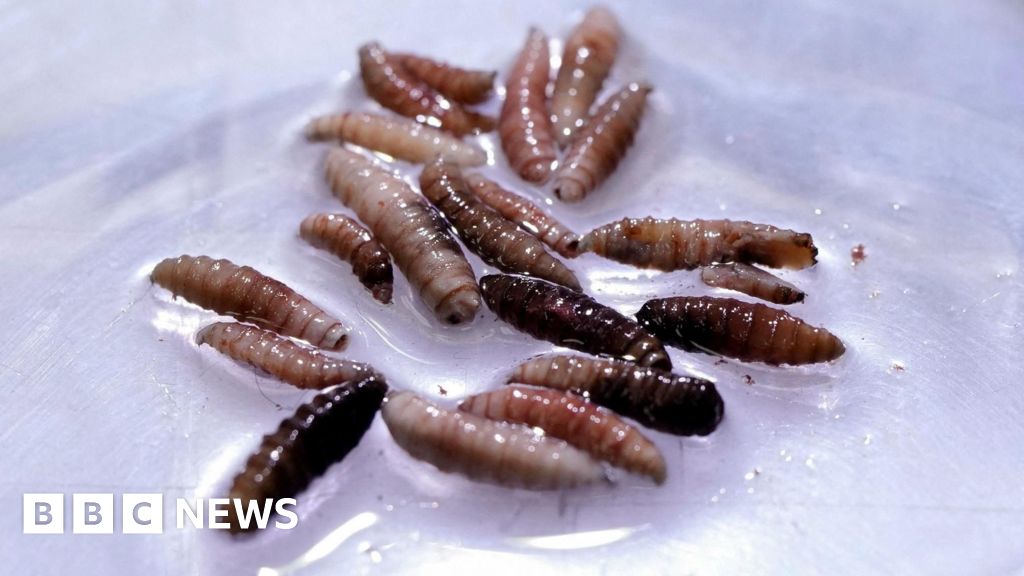The first human case of a flesh-eating parasite infestation has been confirmed in the United States, according to health officials. New World screwworm (NWS) myiasis was diagnosed in a patient who had recently traveled to El Salvador. The case was confirmed on 4 August.
New World screwworm myiasis is a parasitic infestation caused by the larvae of particular flies, primarily affecting livestock. Officials indicated that the risk to public health in the U.S. remains low at this time.
The Centers for Disease Control and Prevention (CDC), in coordination with Maryland's health department, is currently investigating this case. HHS spokesperson Andrew Nixon noted that this is the first recorded human case of NWS myiasis associated with travel from outbreak-affected areas in the U.S.
This parasite typically resides in tropical and subtropical regions and consumes live tissue, posing serious threats to the health of affected animals and, in rare situations, humans. Despite efforts to curtail its spread, New World screwworm has now been reported in every Central American country, including Mexico.
Humans, especially those with open wounds, can be at risk of infestation if they travel to these areas or come in contact with livestock. The U.S. Department of Agriculture (USDA) has collaborated with various agriculture agencies to manage the current outbreak and mitigate the potential threats to livestock and, consequently, the economic implications associated with the cattle industry.
A screwworm outbreak in livestock could engender significant economic repercussions, exceeding $100 billion (£73.9 billion) in assets linked to the cattle and livestock sectors.




















